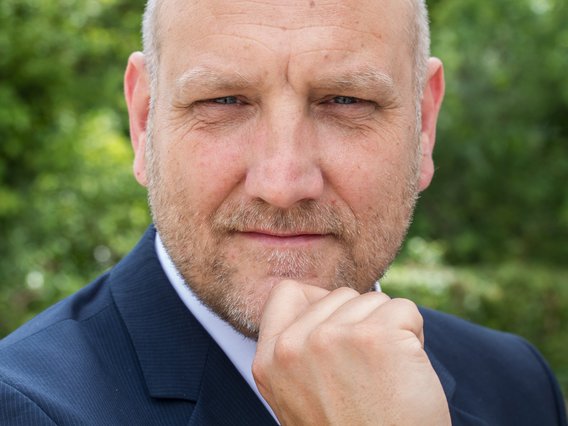
Foreign bodies in food are not only a health hazard for consumers. They can also have far-reaching consequences for the food producer and permanently damage a brand. Regular audits ensure that food manufacturers are certified accordingly and that weak points are detected in good time. We spoke to Oliver Eck about foreign body management measures in certification audits and also looked at the impact of the coronavirus pandemic on audits.
Mr Eck, thank you very much for this interview. Could you briefly introduce yourself and describe your relationship to the topic of foreign body management?
My name is Oliver Eck. I am Head of Food & Agriculture Western Europe at TÜV NORD and Managing Director of TÜV Austria. In addition to these tasks, I am also a lead auditor for common food safety standards such as HACCP, FSSC 22000 and IFS Food. I originally come from the meat industry and trained as a butcher. Both in my training and in my current work as an auditor, I have points of contact with foreign body management.
In your opinion, what are the most important factors in foreign body management?
When it comes to foreign body management, the most important goal is basically to prevent foreign bodies from getting into the product in the first place. There are various reasons why this can ultimately happen: foreign bodies can enter the product via the raw materials or contamination hazards can arise during the production processes or due to defects in the buildings or the environment. It is therefore important to reduce foreign body contamination in advance through good raw material management, including incoming goods inspections, as well as corresponding good manufacturing practice. This is basically what the standard owners are focussing on.
If contamination does occur, the question naturally arises as to how the foreign body can be removed from the product and which method is the best. Is a metal detector the right choice, an X-ray machine, a sieve, a magnet or perhaps a mixture of all of these? It is very important to define this for your company. Of course, it also depends very much on the potential hazards involved. Many companies think that they need a metal detector because otherwise they won't get a certificate. This is not correct. The idea that "if I have a device in which I have invested a lot of money, then it must also be a CCP" is also incorrect. Here too, it always depends on the risk analysis. For example, if there is a risk of a piece of metal getting into my product, then I have to install something that helps to detect this piece of metal and remove it from the process.
Of course, there is also a risk to consumer health if a piece of metal gets into the final product. I therefore have to assess how likely it is that the respective contamination will occur and how great the impact on the consumer would be. This turns the hazard into a potential risk. If I didn't have such a risk, then of course I wouldn't need a metal detector, for example.
It therefore depends on how the company's hazard analysis is structured and what risks I extract from the hazard analysis. How you then deal with the risks varies from company to company.

